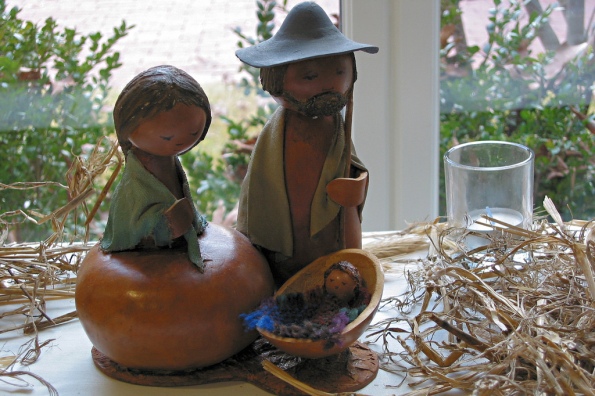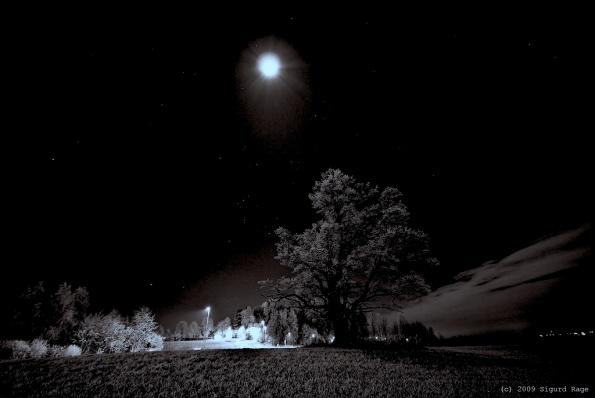 Released in 1990, Los Lobos’ album “The Neighborhood” continues to sing peace into the community.The themes that highlight this album have resounded across the 40 year span that Los Lobos has been singing, performing and producing albums. They sing about living in a family, a community, a culture. Though considered a Chicano rock band, their music draws sounds from folk, rock, rhythm & blues, bayou, country, and soul not to mention Spanish and Mexican sounds. Their sound and their words bring together a rang of characters and sounds in a common celebration.
Released in 1990, Los Lobos’ album “The Neighborhood” continues to sing peace into the community.The themes that highlight this album have resounded across the 40 year span that Los Lobos has been singing, performing and producing albums. They sing about living in a family, a community, a culture. Though considered a Chicano rock band, their music draws sounds from folk, rock, rhythm & blues, bayou, country, and soul not to mention Spanish and Mexican sounds. Their sound and their words bring together a rang of characters and sounds in a common celebration.
For the last several months, I’ve been listening to “The Neighborhood” almost every day as I walk through my neighborhood. The music still sounds as fresh as the day I first heard in the early 1990s. And the words still provoke my heart to pray that the Lord will “bring peace to the neighborhood.” The title sounds repeats the refrain as a litany,
Thank you Lord for another day
Help my brother along his way
And please bring peace to the Neighborhood
This prayer appears in a song that highlights the pain and brokenness of the neighborhood. The songs finds a brother looking for trouble, a sister rocking her new baby, a father drinking whiskey in his chair, and a mother working nine to five and hardly “making enough to keep alive,” but praying with tears in her eyes,
Thank you Lord for another day
Help my brother along his way
And please bring peace to the Neighborhood
Grant us all peace and serenity
They’re just songs sung on a dirty street
Echoes of hope lie beneath their feet
Struggling hard to make ends meet
These prayers, these songs echo hope in the midst of a messy and broken world. I cannot but help think of the people of God revealed in the Torah praying for and bringing blessing to the world around them. If we follow the story of Abraham, Izaak, Jacob and Joseph, we see each of these men contributing to the flourishing of their surrounding cultures. They bring blessings. Their blessings are not limited to their ethnic group, they bring blessing to the world around them.
The Lord tells Abraham that through him all the families of the earth will be blessed. Abraham even prays for mercy over Sodom and Gomorrah when judgment is at hand. Joseph acts to bless Potiphar’s house and later to bless Pharaoh’s house and all of Egypt. Later Moses commands Israel to care for the sojourner and the stranger at the gate. Hospitality is celebrated all through the Old and New Testament.
This takes me back to Los Lobos. They direct our eyes to the people living in the community. In “The Neighborhood” they sing about families, young lovers, parties, troubled hearts, those struggling with depression, broken relationships, struggle and joy. They sing a song of praise about a boy with limitations, calling him “Little John of God.” In their songs, I hear a reminder that echoes back from ancient Israel: bless the world around you, be present to the world around you, offer yourself in love to serve the world around you, and ask God’s blessings upon the world around you. Their song “The Giving Tree” captures this spirit of love and grace that permeates the music:
A warm wind is blowing through the valleys and the mountain tops
Down the road to a place we know so well
The children are running with ribbons in their baby hands
While we all gather ’round the Giving TreeLet’s go sing songs, the blue ones
Let’s go sing about the Lord above
And thank the old sun for all we have
The sad times, the glad times
The babies swinging in our arms
Just don’t seem like much like rain ’round the Giving TreeLike the shedherds once followed a star bright up in the sky
We’ve come to say, come be with us know
Come give us a good one
Come give us a happy time
While we all here dance ’round the Giving Tree
Image by Dena Flows (used by Creative Commons Permission via Flickr)










